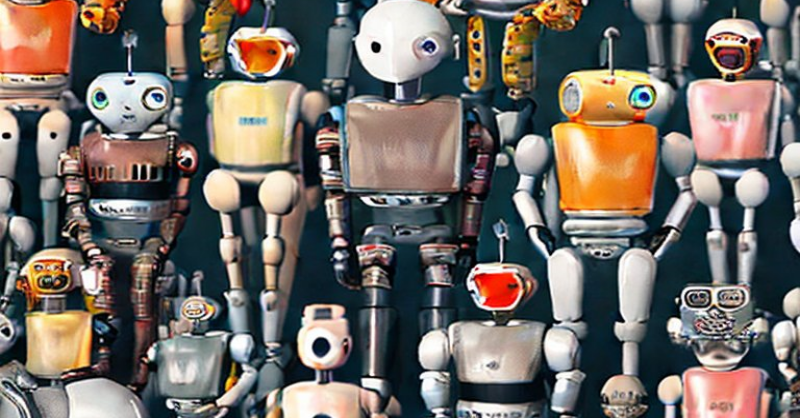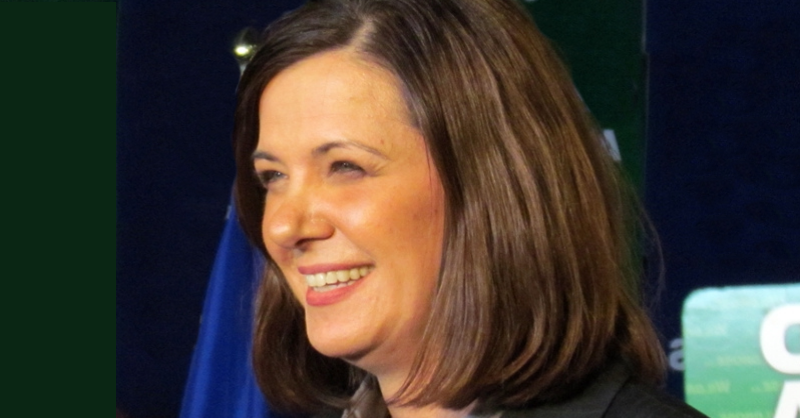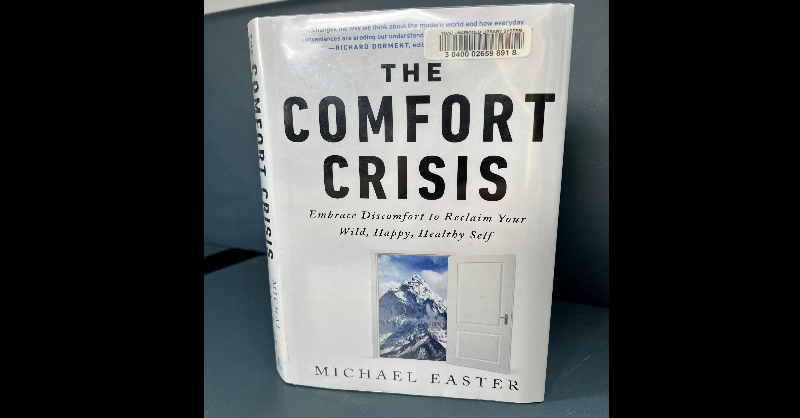In a disconcerting turn
of events, there are hypothetical discussions taking place among
certain fringe activists and academics who are plotting to obliterate
the word woman from the English language. This is particularly happening at the University Of British Columbia's Vancouver campus. Motivated by their own political agenda, this handful of activists aims to replace woman with a gender-neutral
term, thus attempting to erase the distinct identity and experiences
of women. Such a sinister plot disregards the importance of
acknowledging and honouring the struggles, achievements and rights of
women throughout history. If successful, this calculated move would
inflict grave harm, not only eroding the progress made by classical feminists, but also undermining the ongoing fight against whatever remains of gender-based
discrimination. It is essential to remain vigilant and to resist any
attempts to manipulate language for ulterior motives, ensuring that
the voices and rights of women continue to be recognized and
respected.
Language plays a fundamental role in shaping our
perception of the world and how we communicate our thoughts and
ideas. It is a powerful tool for expressing our identities and
experiences. Recently, there have been fringe discussions about the erasure
or redefinition of the word for political purposes. However, such an
endeavor would have perilous consequences for society, including the
erosion of women's rights, the denial of their unique experiences,
and the undermining of efforts towards gender equality.
The erasure of the term "woman" from the
English language would potentially dilute the legal protections and
rights that have been hard-won by women throughout history. By
eliminating the linguistic category of "woman", it becomes
challenging to address the specific issues faced by women and develop
policies that address their unique needs. Women's rights, including
reproductive rights, equal pay, and protections against gender-based
violence, rely on acknowledging the existence and distinct challenges
faced by women.
The word encompasses the experiences, struggles,
and achievements of half of the global population. Removing this word
not only erases their identity but also dismisses the rich history
and contributions of women to society. Women have historically faced
discrimination, sexism, and gender-based violence. By erasing the
word, we risk denying the lived experiences of women and trivializing
the gender-specific challenges they encounter.
Promoting gender equality necessitates recognizing
and celebrating the diversity of gender identities. However, erasing
woman in the name of inclusivity can inadvertently undermine this
very goal. Gender equality is about challenging gender stereotypes,
expanding opportunities, and advocating for equal rights for all
genders. It is not achieved by erasing the specific category of
"woman" but rather by affirming the rights and identities
of all genders.
The concept of intersectionality, as flawed as it
is, acknowledges that individuals experience multiple forms of
oppression and discrimination based on the intersection of various
social identities, such as race, class, and gender. Erasing the word
overlooks the complex interplay between gender and other aspects of
identity, hampering efforts to address the unique challenges faced by
marginalized groups of women. Intersectionality recognizes that
women's experiences are not monolithic and requires a nuanced
understanding of the intersections of gender with other social
categories.
The left would have no means to spread their
ludicrous ideologies without the term “woman”.
The erasure of the word from the English language,
for political purposes, would have far-reaching and dangerous
implications. It would undermine women's rights, deny their unique
experiences, and hinder progress towards gender equality. Instead of
erasing the word "woman," efforts should be directed
towards promoting inclusivity, acknowledging diverse gender
identities, and fostering a society that respects and upholds the
rights of all individuals. Striving for equality does not require the
erasure of women, but rather a commitment to dismantling gender-based
discrimination and embracing the richness of human experiences.
Totalitarian regimes throughout history have
systematically manipulated language to control and suppress dissent.
George Orwell's novel, 1984, depicted the dystopian society of
Oceania, where the government employed "Newspeak" to
restrict free thought and eliminate the ability to express dissenting
ideas. By altering and limiting language, these regimes sought to
maintain control over the population and eradicate opposing
viewpoints. During World War II, propaganda played a significant role
in shaping public opinion. Governments and authoritarian regimes
manipulated words to dehumanize certain groups and to justify acts of
discrimination and violence.
During the era of European colonialism, indigenous
languages and cultures were often suppressed or outright forbidden.
Native languages were replaced with the language of the “colonizers”,
resulting in the loss of cultural heritage and erasure of indigenous
knowledge. This deliberate change in language had far-reaching
consequences, including the disruption of social structures, loss of
identity, and the marginalization of indigenous communities. Now, our
society is facing the blowback from these generational mistakes.
These examples illustrate how manipulating or
changing words can be employed to perpetuate discrimination, control
populations, and suppress dissent. They serve as reminders of the
importance of language in shaping perceptions and protecting human rights.













